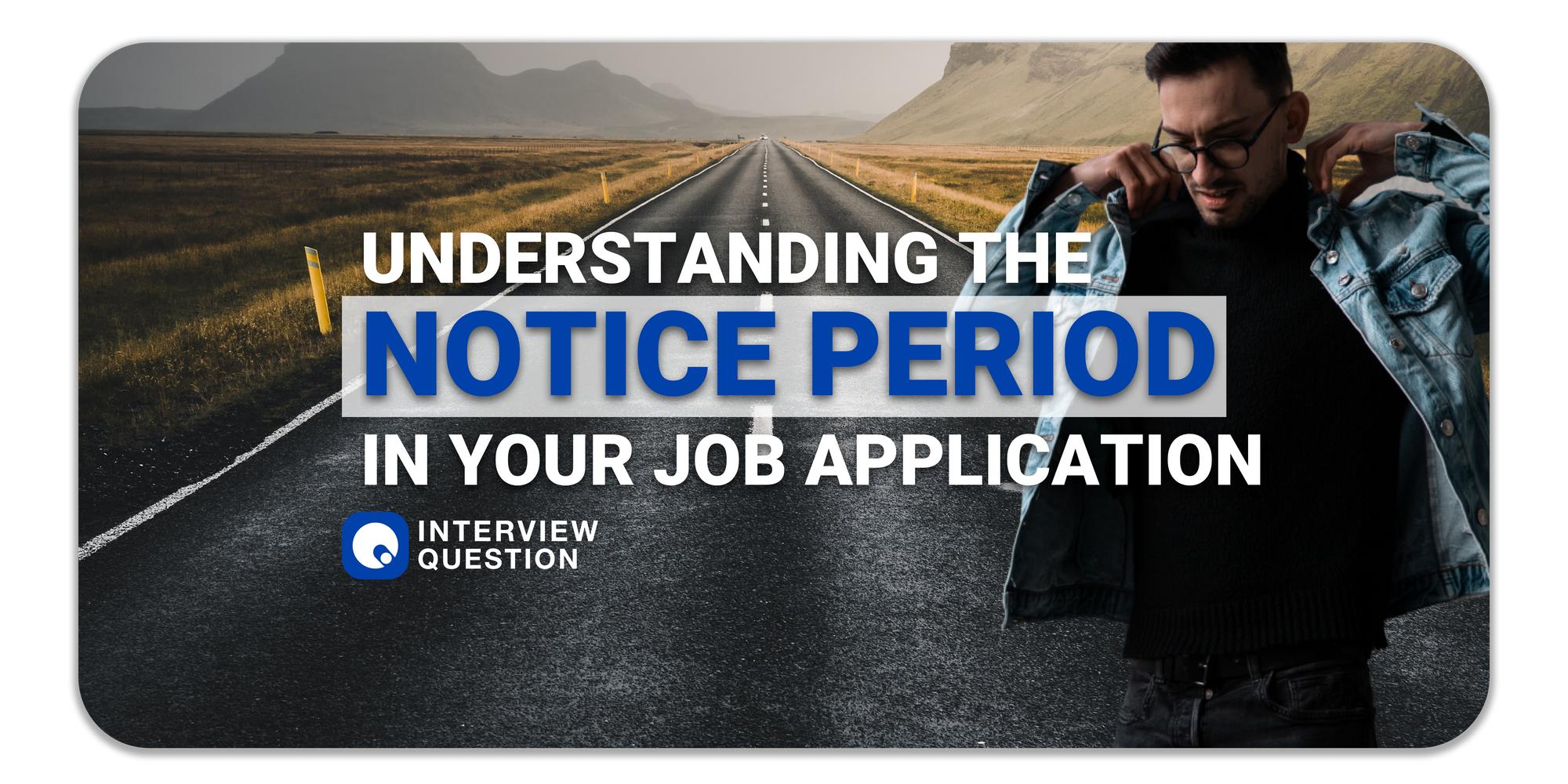Are Career Coaches Worth It?
What exactly is career coaching? | Reasons Why You Need A Career Coach | Career coaches aren't for everyone | Does a career coach work for me or for my company? | Should I talk to my company first?

Career coaches can be an amazingly helpful resource.
For employees who have had high school, college or university education in the past 10 years, they are likely to have met a career counsellor. Function as job advisors, school career counsellors generally give basic and general advice to the student population starting out in their first paid role. However, as students become graduates and then stay in the workforce for a couple of years, such advice becomes irrelevant and inapplicable. The world changes too.
Employees who worked a couple of years tend to search for new, fresh advice. They go around seeking a career coach.
This article will explore what career coaching is. Then we go into the pros and cons of career coaching as well as what you should know (expectations) before hiring a coach or paying someone who says they can give you advice in exchange for a fee.
What exactly is career coaching and what does a career coach do?
Career coaching is a type of guidance and advice service for any worker with an occupation that he intends to undertake for a significant period of that person's life. Coaching advice, if followed consistently and correctly, helps these workers create opportunities for progress in their jobs.
A career coach helps you uncover and clarify your goals, and guides you in making career decisions to help you achieve those goals. Career coaches often work with individuals, although some do offer group workshops or classes that explore certain aspects of career management.
The guidance and advice from the coach can be practical steps to take for immediate benefit. Changes may be swift, and the worker may be led to believe the resourcefulness and effectiveness of his career coach is high.
However, some career coaches have a longer vision for their clients. They suggest ideas and propose instructions on what they can do over years. The tips may not show impact right away, but the advice does these workers good later in their life.
Nevertheless, career coaches use their trove of knowledge, experience, "sense-and-feel" and combine it with data points (in their notes) recorded during coaching sessions. The coaches then provide their clients with what they believe to improve career prospects now and in due time.
What happens during a career coaching session?
Sessions with a career coach are like an informal chat with a very wise, old friend who has been through a lot and seen alot. Plus, this friend tries hard to use his smarts to help you in your career, so you can do better than if you were alone and had no assistance.
Most of us can think of a time where we've needed such help — whether it's the difficulty we felt in deciding on a college major, picking a job after graduation, exploring different fields or even leaving our current jobs to do something else. The career coach is someone who has greater knowledge and understanding about a subject or situation (i.e. your working life) and does his best to impart that to you during the coaching session.
Setting expectations straight, what do career coaches not do, and what can they realistically do?
Career coaches are not a one-size-fits-all solution to your employment woes. They don't give magical solutions. They can't promise you a promotion to a bigger title with a larger paycheck. And the same is true of the expensive, intensive programs that offer "high end" coaching that's often times best suited for executives and professionals. These are what career coaches cannot do, should not do and should not promise that will happen.
But, career coaches can spark you to reflect and give you insights to your occupation. Experienced coaches have exposure to a range of industries. They speak to anyone, spoke to everyone, and they've used their life and their time to understand a large span of tradecrafts and vocations. Good coaches are extremely knowledgeable. If you meet one, you can consider spending good money and your good (but painstakingly limited) time to listen while they condense their wisdom. Coaching sessions with such advisors is a time where they craft sensible advice for you to ponder and later for you to act upon.
Reasons Why You Need A Career Coach
Career coaches are still as necessary as when you had started your first job. Yes, we are referring to those faculty and college advisors giving incredibly vague presentations on securing an interview for an entry level position. These career coaches had helped you understand who you are and how you can best express yourself. Learning your strengths and loopholes has helped you in college and work interviews then, so you should continue engaging them as your career journey progresses.

Career coaches share insights that you would not know
The fact is, you need career advice throughout your lifelong profession. In your mid-career, when you change jobs, switch companies, get retrenched and more. The advice of career coaches enlightens and guides you through on paths you've never been on (but they've seen so much of).
Career coaches gives job support that your company doesn't provide
Companies typically do not provide guidance for employees' career tracks. Sure, they do design jobs, create ranks and set targets before one can take up a role. But, in terms of job support, there isn't a dedicated person, mentor or listening ear.
As an example, you may be so unhappy in your job that you're ready to throw the towel in, wave the white flag, submit your resignation, serve required notice and be gone from your job, but you just aren't sure if this is the right time. You are facing the decision to stay with your employer or move on. A coach can help you sort through your options and guide you into making the best choice for yourself. Going to HR won't improve things since they're protecting the interest of the company. Approaching your colleagues or superiors is a hit or miss. You can get a helpful mentor sort of person, or end up with a backstabber who gossips behind you.

The focus of a career coach is you. You are the main interest and subject. Not your boss, department or company. You.
Simply put, you do not have job guidance within your employed company. Getting an external coach allows you to consult someone appropriate and with experience. Suggestions from a career coach on your job can be extra helpful with an extra set of ears and eyes.
Career coaching sessions is a great way to network and build your personal brand.
Networking is a great way to expand your professional network. Having a career coach who has and who has had many clients is a plus. The coach can connect you to people and build your social circle. It’s also a great way to get the word out about yourself and your skill set. When skills match and complement, there are new opportunities created - new jobs, new business relationships, new resources, contact points which you can tap on when you need help in future.
Your personal brand can be designed by your career coach. He can advice on what you should do, how you should act. Mannerisms, language, thinking process, etc. These help your image. Your image and personal brand is not just about what you do, but also how you do it. It is the mix of who you are and how you present yourself to others.
A coach who knows you inside out can even introduce you to people who share similar interests or values. This goes beyond corporate, professional functions. Often business relationships are fostered and become stronger when people click well. Career coaches who acquaint fated parties that get along well quickly, become friendly or intimate, are incredibly sought after. Such coaches are the most resourceful, well-connected and influential people that they become an extraordinary asset.
Here are more common reasons you might want to use a career coach:
- Perhaps you don't feel that there is anyone within your organization who knows who you are and what makes you thrive.
- A career coach can offer business advice based on your goals and work styles, rather than on the policies of your company or industry alone.
- You are an entrepreneur. If you're starting your own business, you may have specific concerns that are outside of the realm of your current employer. For example, you may want to talk through marketing strategies or begin to build a personal brand.
Career coaches aren't for everyone.
The most common career coaching clients tend to be job seekers with little business experience looking to advance in their careers; however, there is no shortage of corporate and organizational leaders who also hire career coaches in order to make strategic, long-term changes in their personal and professional lives.
One possible solution: Coach your coaches. Though you may want a career coach — especially if you know what you want — finding a coach who understands your strengths and interests is challenging. And then there's the issue of setting boundaries: Who makes the final decision about when it's time to call it quits? This can quickly become a toxic relationship if not handled properly, which can result in personal and professional setbacks.
Does a career coach work for me or for my company?
It's important to note that a coach does not work for your company. If you're an employee, it's up to you decide which professional services provider will help propel your career forward by developing and managing your personal brand. You may want to consider joining a professional organization or network that offers benefits such as access to content and support from other members who might be facing similar issues.
But if you're not an employee, you may want to have your career coach work directly with your employer if they have career development programs that you can access. It will be up to your boss to decide whether or not they wish to hire a coach to work with their direct reports.
Should I talk to my company first?
It's important for all parties involved in the hiring process to have these conversations before the search begins. If you are already employed by a company, it is likely that they already have some structure in place for career management. If this is the case, then it's possible that they will be able to direct you toward specific services that are available for employees.

